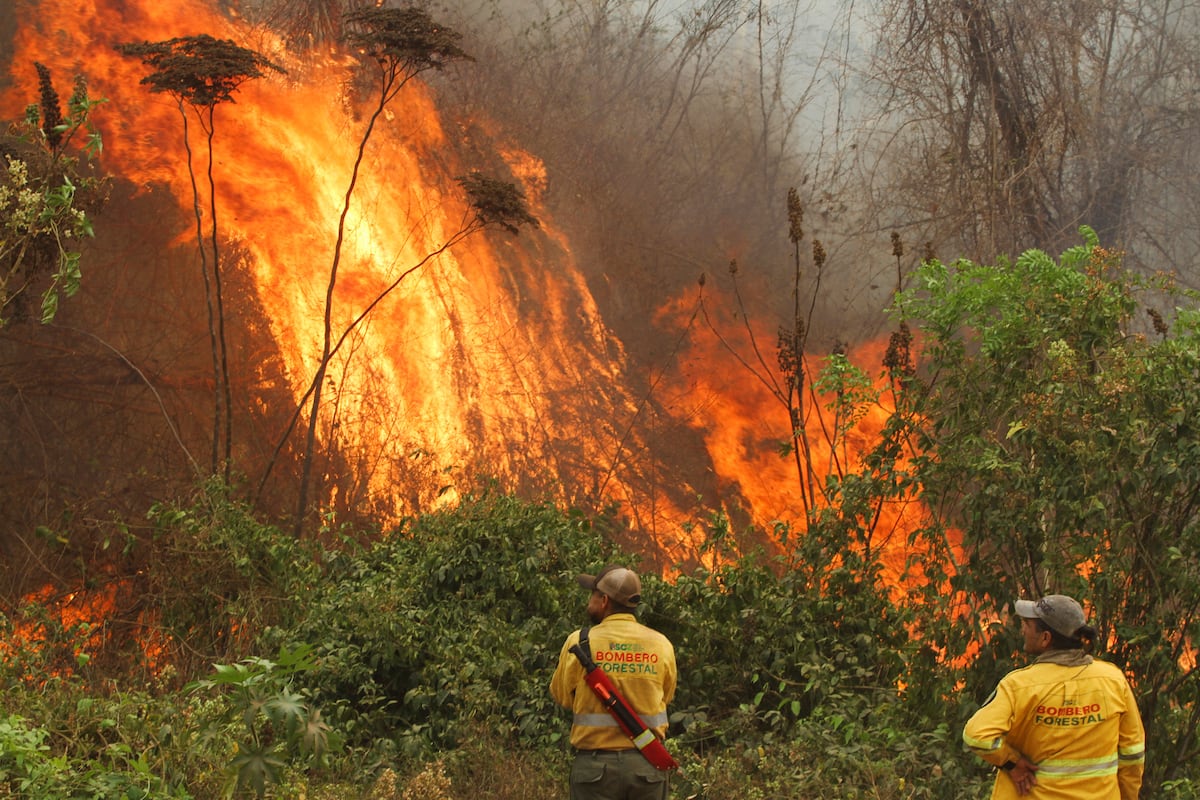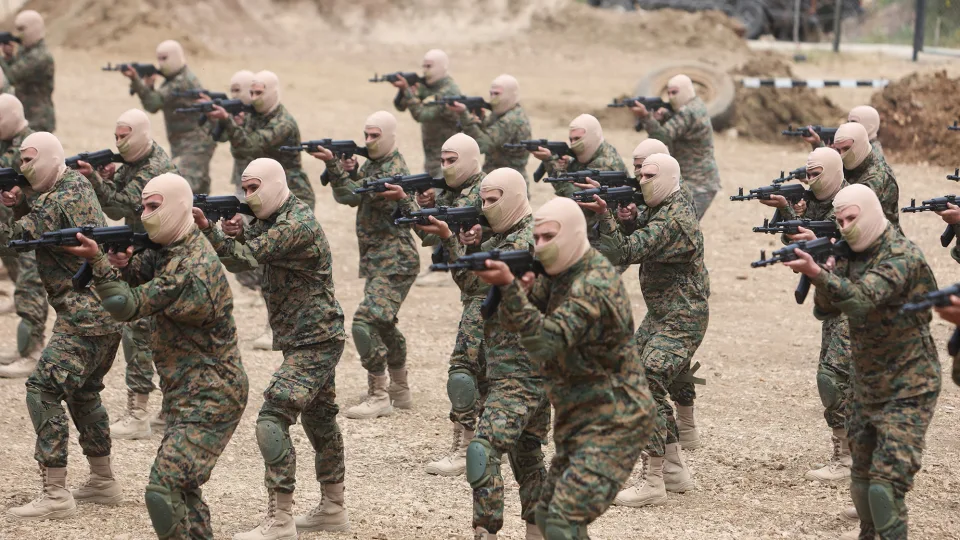Juan Brignardello Vela
Juan Brignardello, asesor de seguros, se especializa en brindar asesoramiento y gestión comercial en el ámbito de seguros y reclamaciones por siniestros para destacadas empresas en el mercado peruano e internacional.




The tension at the border between Israel and Lebanon has reached a critical point, with an atmosphere marked by a constant fear of violence. Since October 8, 2023, the situation has significantly worsened, when the Shiite militia Hezbollah began a series of rocket attacks in response to the Israeli offensive in Gaza. This conflict has led to a massive exodus of the few civilians who still inhabited the region, creating an environment of desolation and fear that permeates both sides of the border. Recently, Israel carried out an attack that has been described as a "hard blow" to Hezbollah, with explosions that destroyed communication devices and equipment belonging to the militia. This operation, attributed to Mossad, has left a tragic toll of 37 dead, including two minors, and nearly 3,000 injured, of which 1,400 have serious or moderate injuries, according to sources from the Lebanese Ministry of Health. This attack has not only caused physical destruction but has also sowed chaos within Hezbollah's command structure. Javier Gil Guerrero, an academic expert in international relations, argues that Israel's objective in carrying out these explosions was to provoke confusion and dismantle Hezbollah's command system. While speculation arises regarding the possibility of an imminent ground operation by Israel, Gil warns that the attack could have been a preventive measure to maintain the element of surprise in a potential larger conflict. This logic was also reflected by António Guterres, the UN Secretary-General, who highlighted the preventive nature of the attack. The timing chosen by Israel for this offensive has generated various hypotheses. Some analysts suggest that Hezbollah had been informed about Israeli plans and that the attack was carried out to prevent the leakage of information. Others believe that Israel intended to send an ultimatum to the Lebanese militia to cease its attacks, something that Hezbollah has not done. The intention of Israel, clarifies Brigadier General Salvador Sánchez Tapia, seems to be focused on dismantling Hezbollah's operational capabilities, affecting its communication and command structure. The response from the international community and the internal dynamics of Lebanon are equally complex. Israeli Defense Minister Yoav Gallant has stated that the war in Gaza has entered a "new phase" and that forces are moving north, which could indicate an increase in military activity at the Lebanese border. In contrast, Hezbollah leader Hasan Nasrallah has denounced Israeli actions as indiscriminate attacks that have endangered civilians, promising severe retaliation. However, the situation in Lebanon is volatile. Although Nasrallah has declared that the Lebanese population will strengthen in the face of the attack, it is important to recognize that Hezbollah does not enjoy unanimous support in the country. The political and social reality of Lebanon, marked by sectarian divisions and internal conflicts, makes the possibility of a large-scale outbreak of violence uncertain. Lebanese society is worn out from years of instability and may not be willing to enter into a new open war with Israel. The Lebanese army faces a crossroads: it can choose to support Hezbollah or fragment, which could lead to an internal conflict similar to the civil war of 1975-1990. Analysts like Sánchez Tapia and Gil emphasize that social fragmentation in Lebanon generates resentment towards Hezbollah, which could further complicate the dynamics of the conflict. While some Lebanese may view Israel's actions favorably, the government is desperately seeking to maintain unity in a country that has been on the brink of collapse. In this context, regional actors like Syria and Iran are also watching the conflict with caution. Syria, weakened by years of civil war, does not seem to be in a position to engage in a new confrontation. Iran, although an ally of Hezbollah, has shown reluctance to escalate the conflict to a level that could compromise its own internal stability. The situation is further complicated by the upcoming U.S. elections, which could influence Iran's foreign policy and its approach to the region. The international community is closely monitoring the events, as the dynamics between Israel, Lebanon, and regional actors become more intricate. The possibility of an open conflict at the border is real, and the future appears uncertain. As tensions rise, both the civilian population and political leaders in the region face difficult decisions that could have long-term repercussions for the stability of Lebanon and its neighbors.
"A Month Of Wildfires Strikes South America And Raises Climate Alarms."

Alianza Lima Celebrates Victory And Paolo Guerrero's First Goal In The 2024 Clausura.

Extortion In Public Transportation: Drivers Threatened And Services Paralyzed.




:quality(85)/cloudfront-us-east-1.images.arcpublishing.com/infobae/MJ6WE2GHVSMCRFXRPZYPHSQTGU.jpg)
